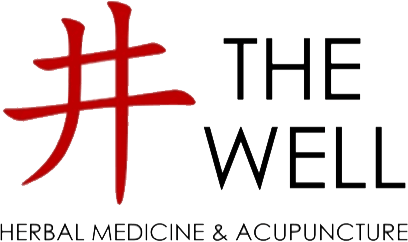NICE (National Institute for Health and Care Excellence) has just issued a draft recommendation (August 2020) advising GPs not to prescribe common painkillers – including paracetamol and ibuprofen – for patients suffering from chronic pain not caused by an injury or other medical condition.
Rather, NICE recommends acupuncture as a key non-pharmacological therapy for chronic pain (1).
𝗕𝘂𝘁 𝘄𝗵𝗮𝘁 𝗶𝘀 𝗰𝗵𝗿𝗼𝗻𝗶𝗰 𝗽𝗮𝗶𝗻? 𝗔𝗻𝗱 𝗵𝗼𝘄 𝗰𝗮𝗻 𝗮𝗰𝘂𝗽𝘂𝗻𝗰𝘁𝘂𝗿𝗲 𝘁𝗿𝗲𝗮𝘁𝗺𝗲𝗻𝘁 𝗵𝗲𝗹𝗽?
Chronic pain often persists long after an injury has healed, potentially for months or even years. In chronic injury, nerve signals that were active during the acute injury phase continue to send messages to the brain that the body is still in pain. Although chronic pain is not completely understood, it is potentially due to nerves that have become damaged. New research also suggests that chronic pain may be due to a malfunction in the way that the brain ‘maps’ sensory information. Nearly two-thirds of people with chronic pain report problems sleeping. Lack of restorative sleep often makes the pain worse, resulting in a frustrating cycle of pain and sleeplessness. Acupuncture’s record in reducing suffering in patients experiencing chronic pain is one of the main reasons it has become so popular around the world. The mechanisms underlying the effectiveness of acupuncture in treating pain have been researched extensively for over 60 years. The neural pathways from acupuncture point stimulation through to the spinal cord and to the deactivation of the pain centres in the brain have been mapped in extensive detail.
If you have any questions about acupuncture and how it may help provide relief from chronic pain, please contact us.

